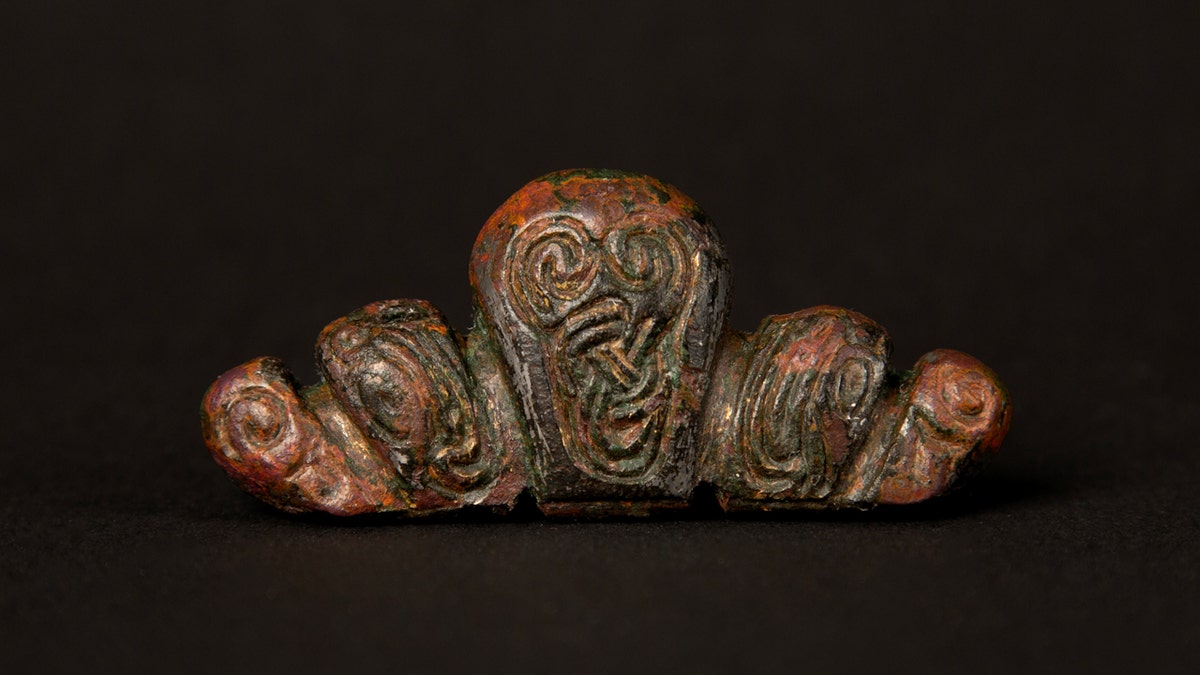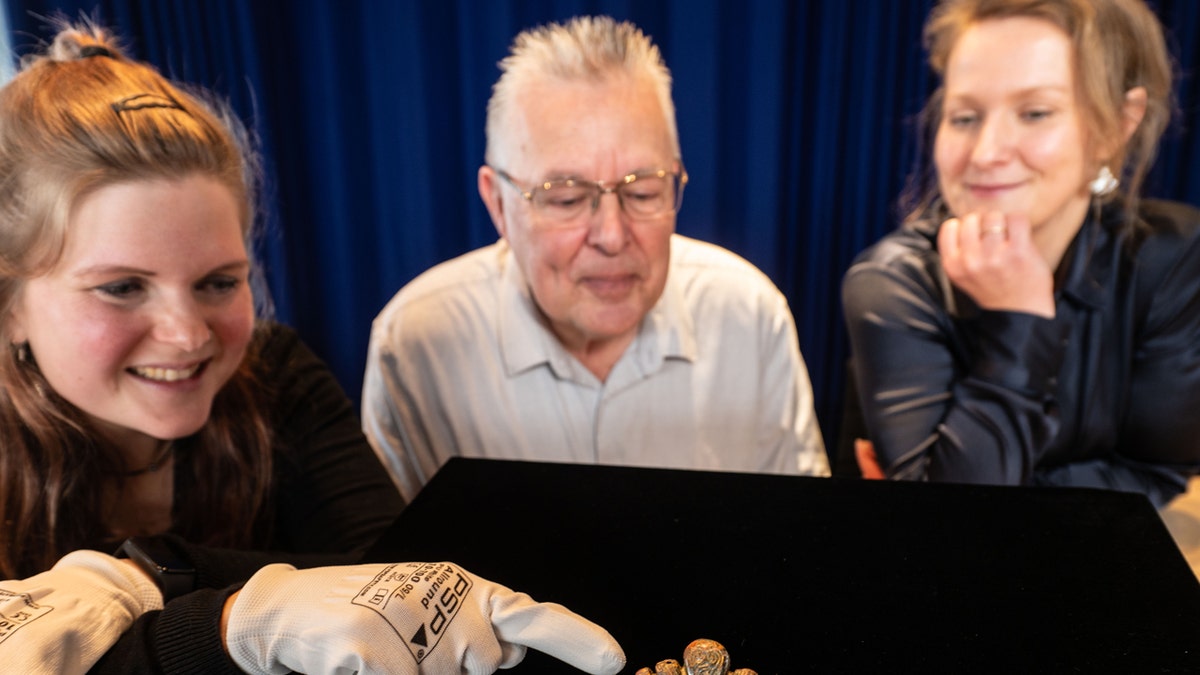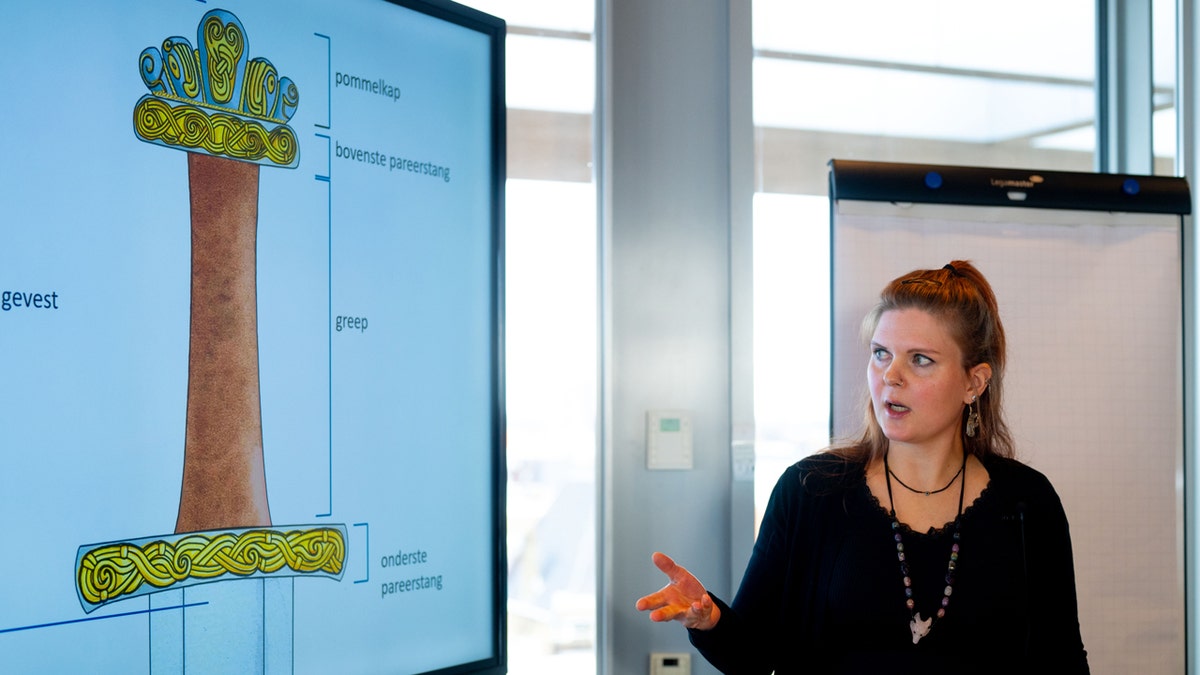A remarkable discovery in the Netherlands has provided exciting new insights into Viking history. Metal detectorist Sander Visser unearthed a 10th-century Viking sword fragment while exploring farmland near Witmarsum on May 3, 2024. Buried just under eight inches deep, the artifact was immediately recognizable as part of a sword pommel, distinguished by decorative boar heads on each end.

In Viking culture, boar heads symbolized strength, courage, combat, and protection, adding significance to this already unique find. The discovery underscores Friesland's role in connecting Viking networks, according to a joint press release from the Fries Museum and the Fryske Akademy, who are collaborating on the artifact's research.

Dr. Nelleke IJssennagger-van der Pluijm, director of the Fryske Akademy, emphasized the find's importance, stating that it "enriches our understanding of the contacts between Frisia and the Viking world in Scandinavia and the British Isles." As the first of its kind discovered in the Netherlands, the pommel provides a fresh perspective on historical knowledge.

Dr. Diana Spiekhout, curator at the Fries Museum, highlighted the collaborative approach to research, combining expertise in Frisian context, the Viking world, and sword traditions. The ongoing study promises to reveal further insights, with publication expected at the end of 2025. This discovery joins a growing list of recent finds made possible by metal detectors, including a hoard of ancient coins in Devon, England, and a collection of Roman gold and silver coins in Suffolk.








